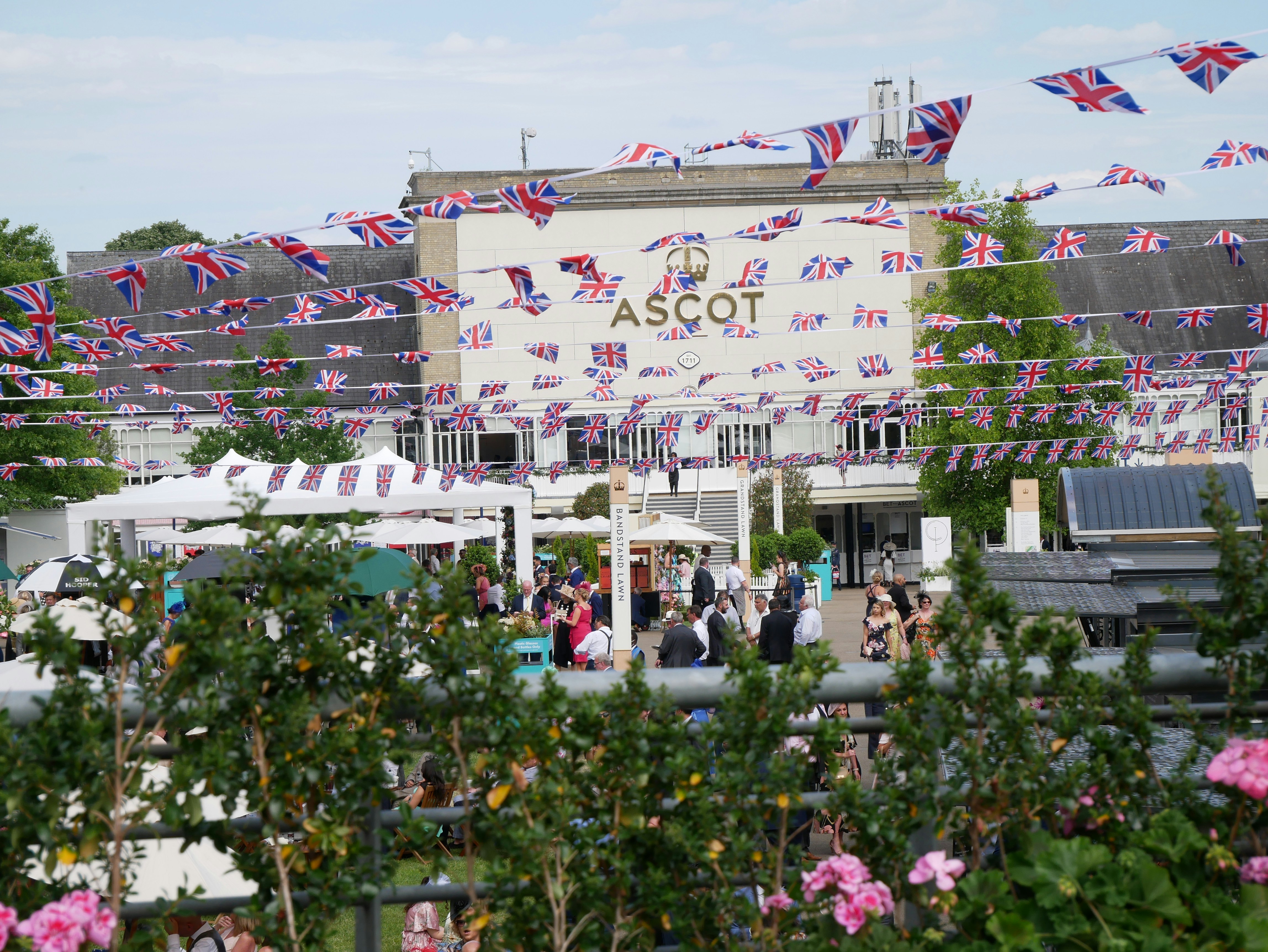Paul St John
January 6, 2022Il Palio Di Siena
Siena in Tuscany, Italy, not far from Florence, is divided into seventeen wards known as contrade.

Siena in Tuscany, Italy, not far from Florence, is divided into seventeen wards known as contrade.
Their origin is medieval and military, and is based on the original location of different battalions throughout the city.
When danger threatened, these regiments united in ferocious common cause. The rest of the time, they fought each other in a sporting context.
The rivalries that developed were intense.
600 years on, those old borders and passions are still preserved and defined.
If you are from Siena, you owe allegiance to Tartuca, Lupa, Bruco or Torre, or one of thirteen others.
Various studies broadly agree that Siena has 20% less violent crime than might be expected from a city of its size. One survey found that 87% of residents felt entirely safe walking the streets alone at night.
The reason is the Palio.
The Palio puts the Sienese at each other’s throats, and it binds them.
It is a horse race, run twice a year, three times round the Piazza. There are no saddles or stirrups; jockeys bounce at breakneck speed on their tailbones around the right-angled track. They brandish whips which may be used to strike other competitors. There are no rules, except that you may not grab the reins of an opposing horse. The race takes ninety seconds with 60,000 people crammed into the city square to watch.
Each contrada hires a jockey. These are usually outsiders or mercenaries, with the arrangements being made at any time. Nothing else can be planned or prepared for. Ten mixed-breed horses of supposedly similar ability are selected by a committee representing all the competitors. Three days before the event the names are drawn out of a drum and then matched with a rider and a district.
Practice is now possible. Each clan keeps a close eye on their jockey, wary of bribes from rivals.
The night before the race, representatives of each contrada, including those not competing, meet to trade insults. There is always something to say. The faction with the longest losing streak is referred to as nonna (grandma) and an interesting tradition is to regard with contempt the ward who last time came second. Long ago it was established that it was unmanly to get close to winning, but fail. Several hundred Sienese then sit down to eat and drink together.
In the morning the atmosphere has changed. There is no shouting, thoughts are kept private. Each contrada leads its horse and jockey to its local chapel. Man and beast are blessed in the most formal way, then the priest departs from the established text, raises his voice and exhorts both to win at all costs.
There are no smiles of irony from the throng. This is sport, meaning a contest where skill and bravery will establish the most worthy. No-one doubts that God is on their side, and that centuries of injustice are about to be avenged and righted.
The winner receives the Palio, a silken banner, and nothing else. There is no "market" and no odds.
The race is preceded by several hours of pageantry…
… then yet another selection is made. The order in which nine of the competitors will line up is established. The tenth horse is known as the rincorsa, literally meaning "he who has a running start". They come, as we would say, "under orders", but the rincorsa holds back by some distance. It is he who decides when the race starts. He waits and watches, hoping for a moment of opportunity, perhaps when a particular rival is badly positioned or off balance. This period of tension usually continues for several minutes.
Avio Tanginello, 69, sits in the cool of his kitchen. The wooden slatted windows are open, revealing a blue sky; a half empty glass of red wine is on the table. He is relaxed and expansive. His horse, in the race of three days before, dropped out on the second lap due to injury. We had seen him curse his luck at having drawn the animal in the first place, then rediscover hope ('the best horse doesn’t always win'), then explode in a frenzy of nuclear passion as the race began; then wail in childlike despair, his face a picture of grief, as the fate of his contrada became clear. He had joined the city on the streets that night, complaining, alleging corruption, mocking other losers, saving his best and most withering insults for those wild with the narcotic of victory.
Now he is happy. How can that be?
Avio’s face contorts into humorous puzzlement. Is it possible we don’t understand? Finally, with a shrug and a tilt of the head, he explains, as to a friend lacking insight…
'We are all from Siena'.


Written by:
Paul St John
Share article:


